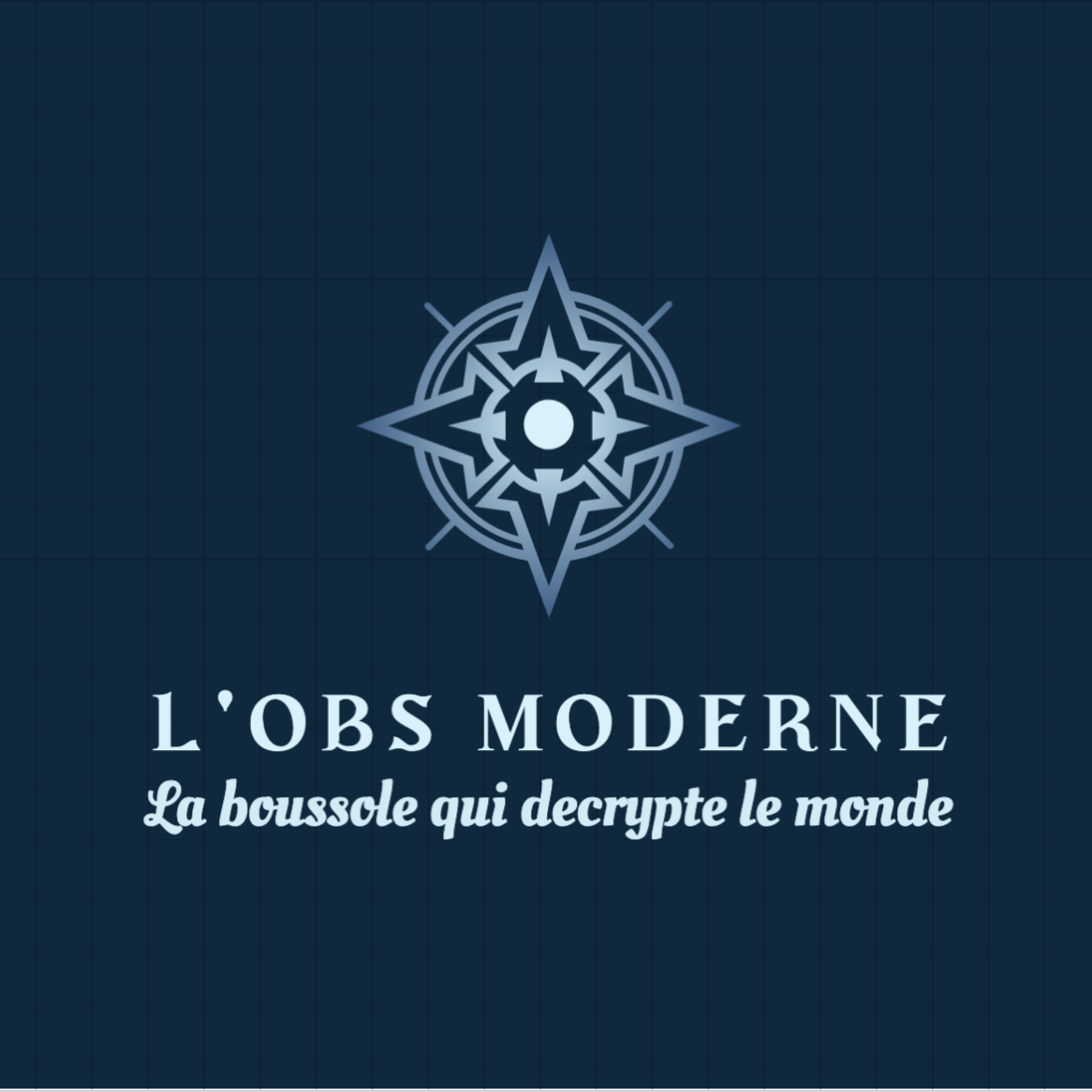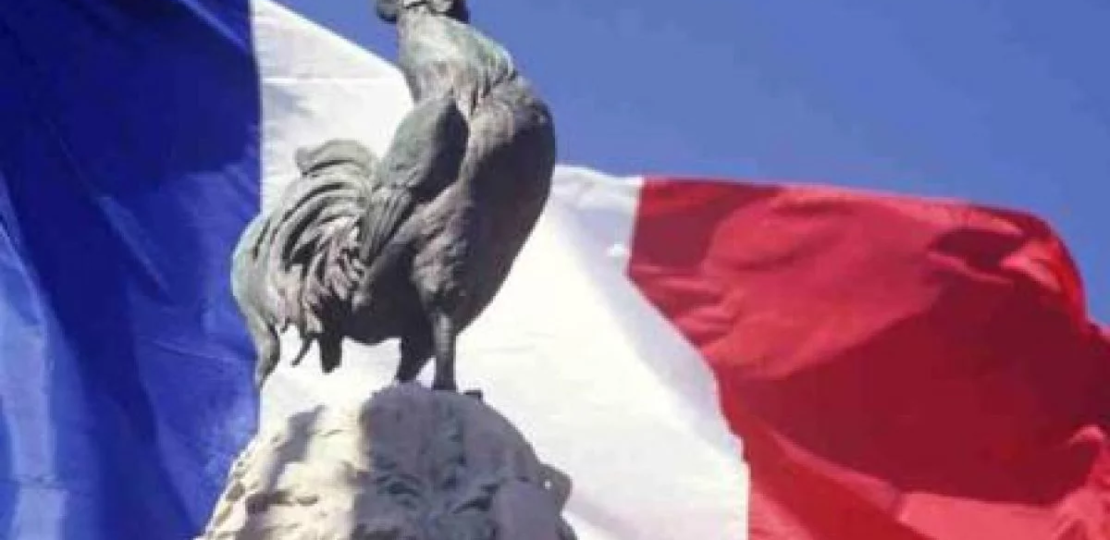For a few years now, the feeling of national pride seems to have been lost. Patriotism can be described as a "shapeshifting" word, as its definition varies from person to person. But is it really taboo to be patriotic?
How can we explain France's lack of love?
The first reason that gave rise to a feeling of shame towards their country in the French people dates back to 1945. At the end of the Second World War, France, sitting alongside the victors of the war, was only a tree hiding the forest. It was not France as such that was sitting with the Allies, but rather the French Resistance led by General De Gaulle. In 1940, France was easily defeated by the German "blitzkrieg". France capitulated, and the Vichy regime was born. France would then commit, under the Pétain regime, horrible crimes such as the deportation of Jews during roundups organized by Vichy, the most famous being that of the Vel d'Hiv. 75 721 Jews, including nearly 11 000 children, will be deported from France between March 1942 and August 1944, of which only 2 566 will return in 1945, or about 3,% of the deportees. Pierre Laval, President of the Council of Ministers of France, had pushed collaboration so far that he himself had asked the Germans for permission to deport Jewish children under the age of 3, something that the Nazis themselves refrained from doing. Furthermore, it is estimated that only 2 to 3,% of the French population were resistant. The rest of the population did not want to or could not challenge German or Vichy authority, for fear of being deported. Thus, at the end of the war, and still today, France is mocked for this dark period of its history, even within its own country.
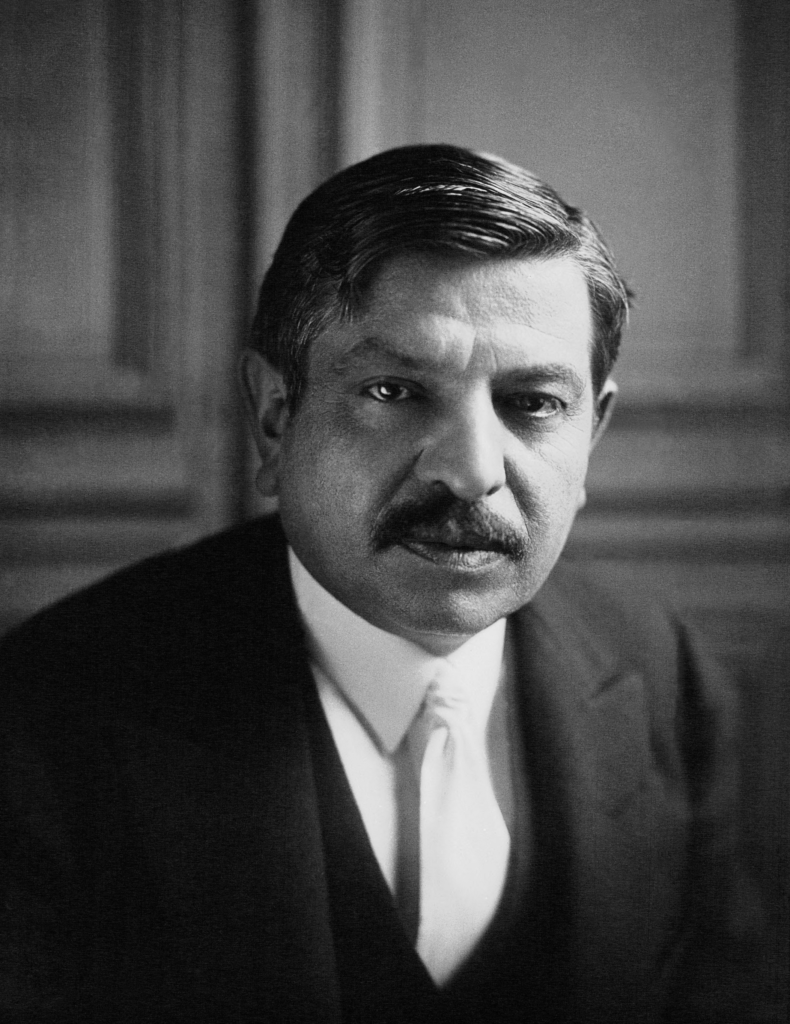
Another factor that could explain this feeling of shame is our colonial past. France was a major colonial empire, the only real competitor to the British. As a result, France controlled many lands, from Asia to America, including Africa. As with all the great powers of the time, France committed terrible acts against certain civilizations, including enslaving them. Historical figures such as Napoleon are also controversial today. For many, he is seen as a tyrant, a man who erected laws against human rights. He notably reestablished slavery in France. France also severely repressed certain peoples seeking more freedoms, such as in Madagascar (1947), Haiphong (1946), Ivory Coast (1949-1950) and Casablanca (1947), where the French army massacred tens of thousands of men and women. Some conflicts, particularly in Algeria, have also reinforced a sense of shame towards France. Emmanuel Macron himself has acknowledged that colonisation was a crime against humanity.
The disenchantment with France is rooted in complex pages of its history, marked by dark periods and controversial choices. Today, these episodes still resonate, feeding an ongoing reflection on national identity and the very meaning of patriotism.
And today?
Patriotism, especially in politics, has a very different definition depending on the party.
For Jean-Luc Mélenchon's far left, patriotism is often equated with racism. Their rhetoric suggests that loving France means being far right. LFI does not hesitate to criticize France and its history. According to Antoine Léaument, LFI deputy, France was only born in 1789 at the end of the Revolution, arguing that none of the symbols of today's France existed before the Revolution. In his remarks, he thus denied more than a thousand years of French history. Another LFI deputy, Arnaud Saint-Martin, deplored on X "the chauvinistic coverage" of the French media during the Olympic Games, in particular the focus on French athletes, to the detriment of others. Nathalie Arthaud, spokesperson for the workers' struggle, also regretted the fact that the Olympic Games focused on French athletes, adding "there had to be some cock-a-doodle-doos and Marseillaises." Rima Hassan, for her part, cleverly quoted Frantz Fanon on X, saying "For the colonized, life can only emerge from the decomposing corpse of the colonist." The rebellious member of the European Parliament, doubtless aware that the majority of her subscribers had never read Fanon, thus vigorously criticized France, which had provoked a lot of reactions on the application. This thought is not limited to politicians. Far-left influencers, like Camilleetjustine on TikTok, claim that an influencer who presents himself in a video with a French flag is a fascist.

Patriotism has also become taboo with the rise of the far right. The rhetoric of the latter, presenting themselves as the saviors of France, has taken over the image of patriotism. For many members of these parties, not voting for them is not loving France. This rhetoric has thus allowed these parties to win voters over the years. The latter also do not hesitate to target minorities to accuse them of being responsible for the ills that France is experiencing. Éric Zemmour thus presents the Muslims of France as invaders. He believes that Muslims "live among themselves, in the suburbs", that "the French were forced to leave them". He adds that "this situation of a people within the people, of Muslims within the French people, will lead us to chaos and civil war". The writer Michel Houellebecq had declared: "The wish of the native French population, as they say, is not that Muslims assimilate, but that they stop robbing and attacking them. Or, another solution, that they leave." This is not the first time in history that the extreme right has chosen a scapegoat. In the 1930s, the extreme right leagues were already opposed to the Jews, whom they accused of controlling the State.

Today, many French people feel uneasy about patriotism, influenced by political discourses that polarize perceptions of national identity. On the one hand, some left-wing movements associate love of France with an exclusionary nationalism, while on the far right, discussions of identity and origins contribute to marginalizing certain communities, making them feel that they will never be fully accepted. This division reinforces the feeling for some that they will never be able to feel fully French.
Is it taboo to be patriotic?
Being a patriot, loving your country, should not be taboo. Patriotism is used for political purposes today, whether to cry racism or to spread hatred. The French have, in recent years, equated patriotism with politics. Being a patriot means loving France in its entirety, beyond our policies. However, 76% French people publicly call themselves patriots today.
However, it has also been a source of inspiration for the whole world. France is the philosophers of the Enlightenment and their new ideas that will bring about Human Rights, also French. France is a rich history spanning from the reign of Clovis in 496 to the Fifth Republic today, including Louis XIV, Napoleon and General de Gaulle to name but a few. France is also art and monuments with the paintings of Monet, the works of Da Vinci or Picasso, or the works of Haussmann and Gustave Eiffel which make France one of the richest countries culturally speaking. France is also a land of innovation with the creation of cinema by the Lumière brothers, the medicine of Pasteur or the discoveries of Marie Curie on radioactivity.
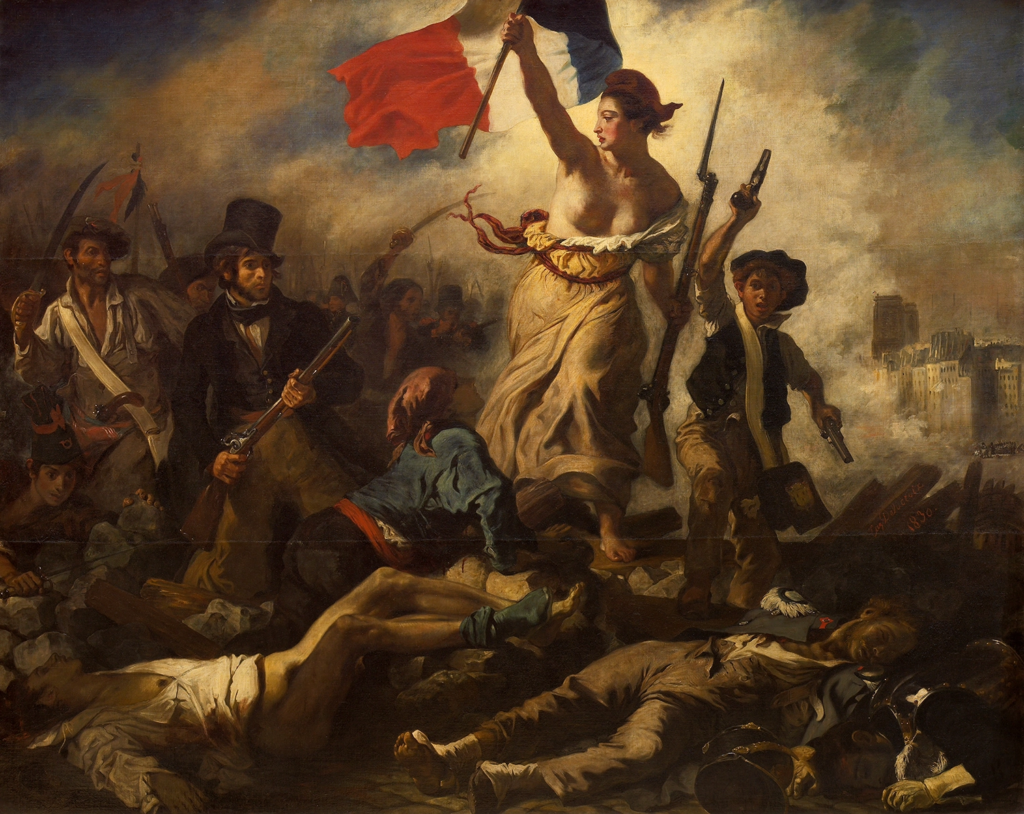
France is also full of colorful characters such as Molière for his plays, Louis XIV and Versailles, Napoleon for his conquests and his Civil Code still in force today, Victor Hugo for his writings or even de Gaulle as a symbol of resistance. France is also Simone Veil, bearer of the law on voluntary termination of pregnancy, Olympe de Gouges, pioneer of feminism, or Simone de Beauvoir to name but a few. There is also Félix Éboué, a resistance fighter from the very beginning, Joséphine Baker, Franco-American, or even Teddy Riner today, who have all made France proud.
We must also not forget that internationally, France is still a dream destination. The world envies our food, our monuments and our castles. France is the country that welcomes the most international tourists each year, as in 2022 when nearly 79 million of them set down their bags in France. The diversity of French landscapes, with its mountains, beaches and forests, attracts tourists from all over the world, as do its gastronomy and its cities such as Paris, Bordeaux, Lyon and many others, with their monuments.
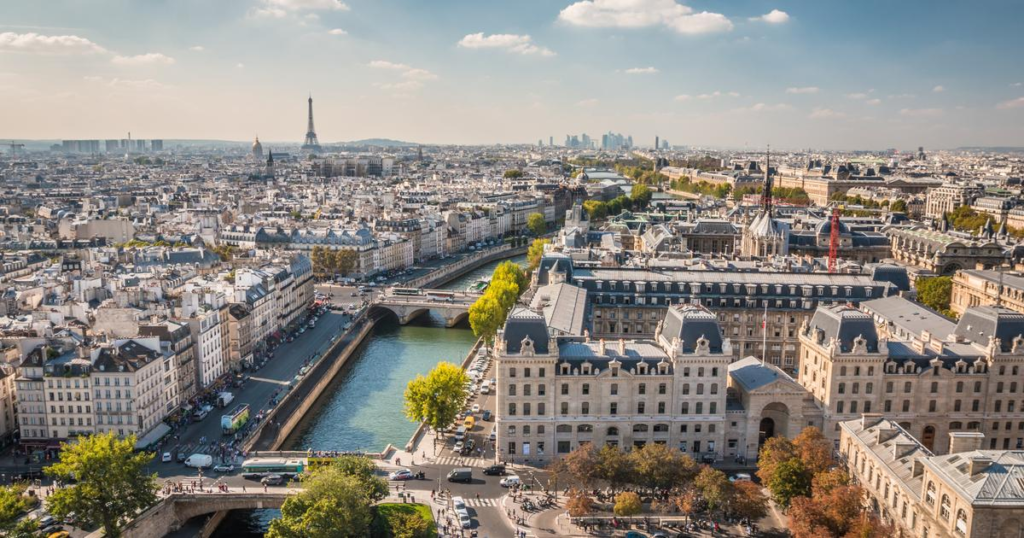
It is not impossible to imagine a French people united behind their country. We saw this in particular during the Paris Olympic Games. The French were, for the first time in a long time, proud of their country, identifying themselves as a single entity through the races of Léon Marchand, the exploits of French judokas or the gold of Pauline Ferrand-Prévot and her mountain bike.
No, it is not taboo to be patriotic and to love your country. Our politicians have made us think that patriotism is a scourge or a weapon intended to demean minorities. Many people have also equated the word “patriotism” with words like “nationalism”. As General de Gaulle said, “Patriotism is loving your country. Nationalism is hating the country of others.” Being patriotic is sharing a common history and a common heritage. Being patriotic is also paying tribute to the people who died for it throughout its history, no matter the era. Before asking France to be perfect, let us first ask ourselves this question: Do we, as a people, deserve a perfect France?

RELATED POSTS
View all
